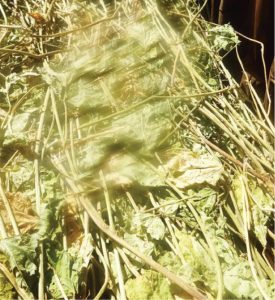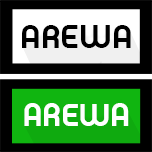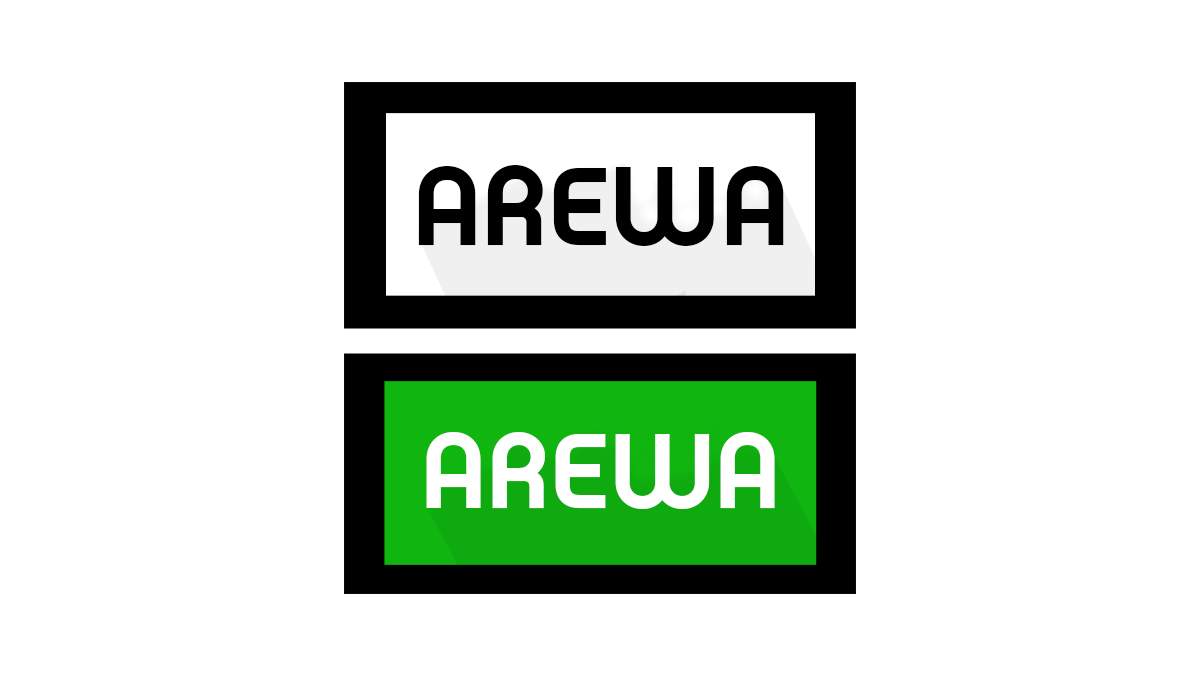
Harawa is a popular livestock feed usually from leaves and stems of cowpea and groundnut plants.
In Sokoto, livestock tend to prefer cowpea Harawa. Most farmers in the state, therefore, said its considerable economic value has propelled many of them to plant beans for its Harawa value alone.
A farmer in Sokoto North local government, Alhaji Sani Zagi, told Daily Trust that farmers can forfeit beans or groundnut seeds for Harawa.
When it is time for cowpea harvest, farmers employ small boys or women to pluck their seeds for them and either collect money or the seeds which they gather for sale or consumption.
Some farmers, however, engage members of their household for the labour to save cost.
A large-scale cowpea farmer, Alhaji Sami Rumbukawa, said he employs boys and elderly women to work on his farms during plucking season.
“I employ 10-15 boys and women to work for me on the agreement that they spend 20-30 days plucking on each farm until they complete the work,” he said.
While some workers receive N500 on the average daily work, others prefer the seeds which we share into three equal portions from the quantity they plucked. They get one share and we take two shares. A farmer also feeds the workers depending on his financial status.
“It is after the plucking that we commence the process of making the stem and leaves into bundles for Harawa .We store and sell at the appropriate time,” he said.
Harawa comes in a piece or bundle called kula. It is usually packed and tied when the leaves and stems are fresh.
Some farmers place it on roof tops until it dries and is ready for sale, or in secluded place like a barn or store.
During harvest season, a bundle of Harawa is known to cost about N250 but triples when the rainy season approaches and in preparation for the Eid el-Adha Muslims festival during which rams are highly patronized.
At present, cowpea Harawa goes for N700-N800 per bundle.
Harawa can be found in every community where farmers produce cowpea and can be stored for as long as possible.
Kowa, another cowpea- based livestock feed, is made from beans chaff. It is also noted as a good source of animal feed.
Farmers employ the services of women to thresh the cowpea so that the seeds are separated from the chaff.
The women use pestle and mortar to pound the cowpea until the seeds are removed from the pods.
They used a system called shika to separate the seeds from the chaff.
Kowa is popular among livestock rearers, more patronized than dusa (millet and guinea corn chaff), the dealers reveal.
A big sack of kowa goes for N6,000 while a small one is N4,500. A plate cost N80; about 75 to 80 plates of kowa make up a sack.
Source:Daily Trust

